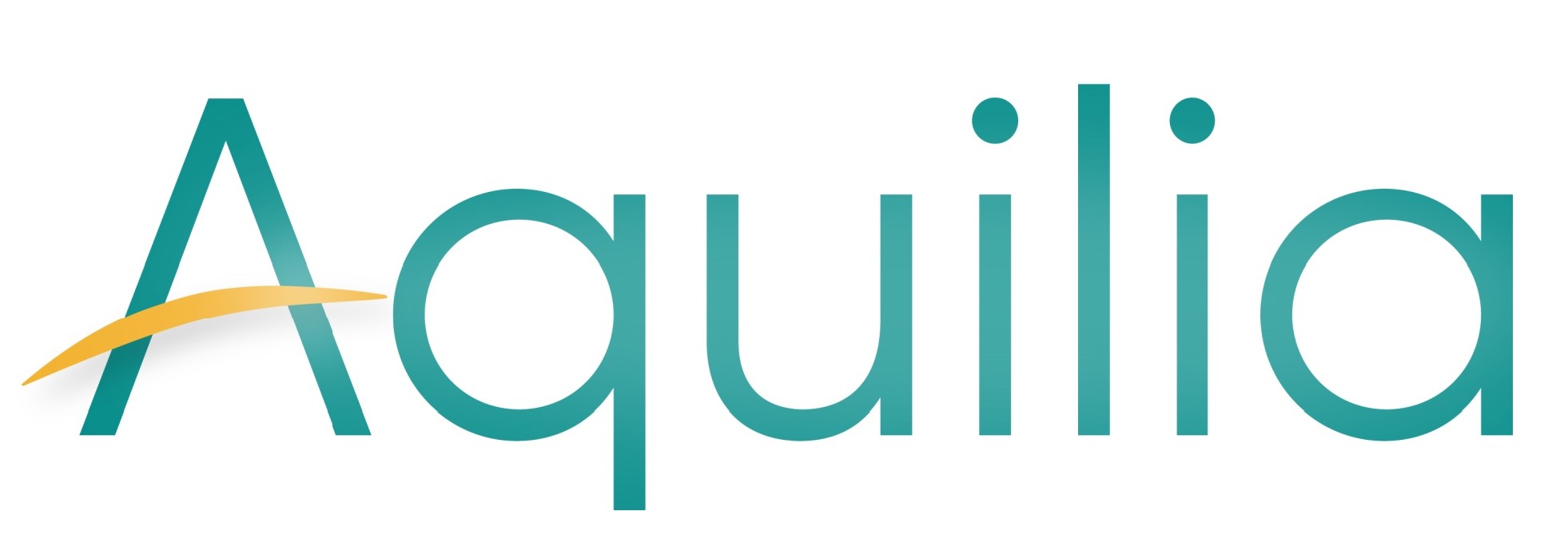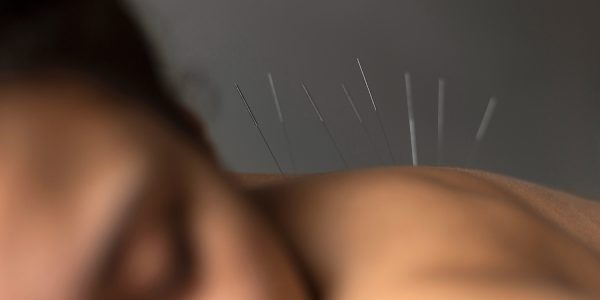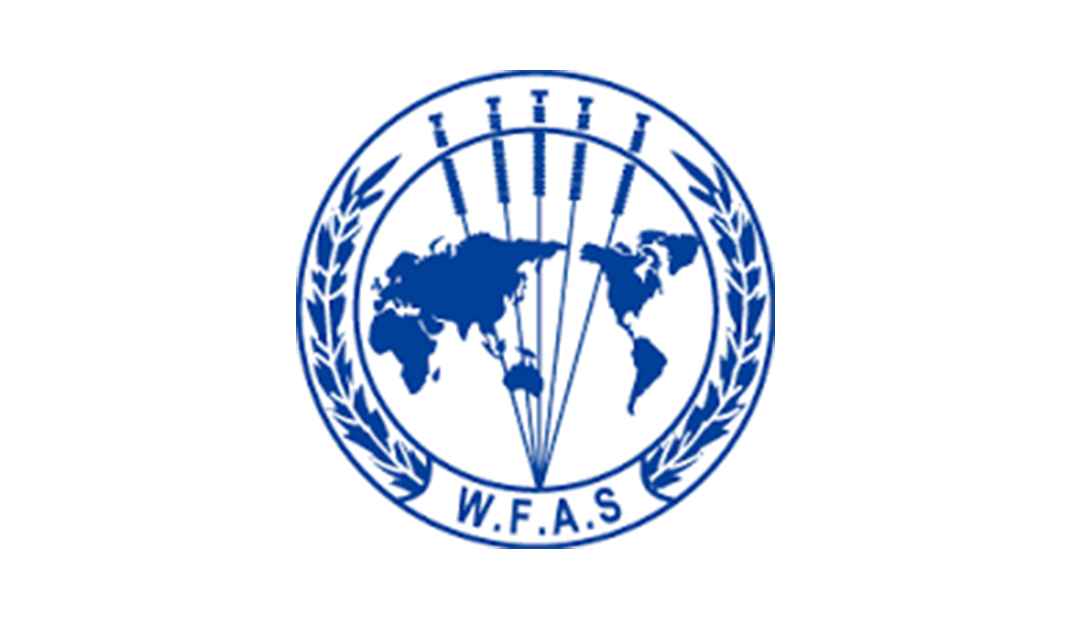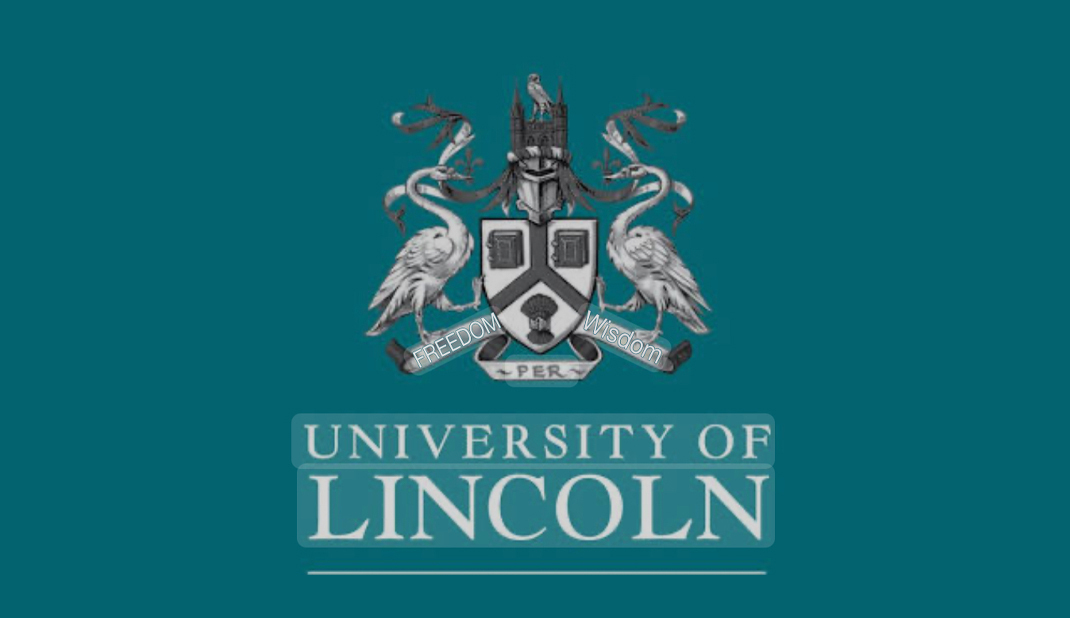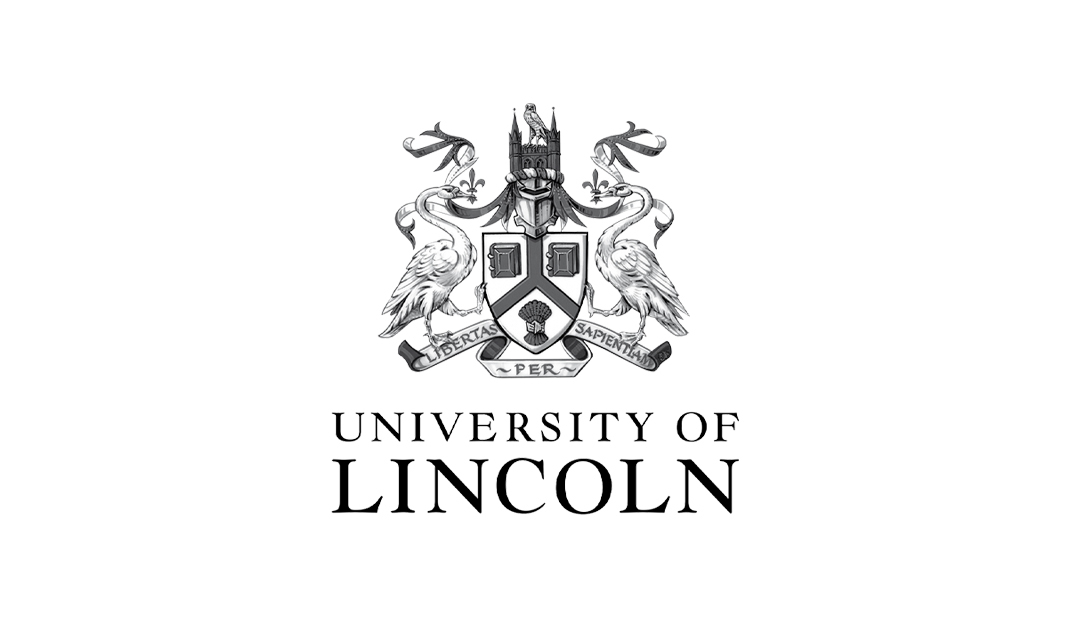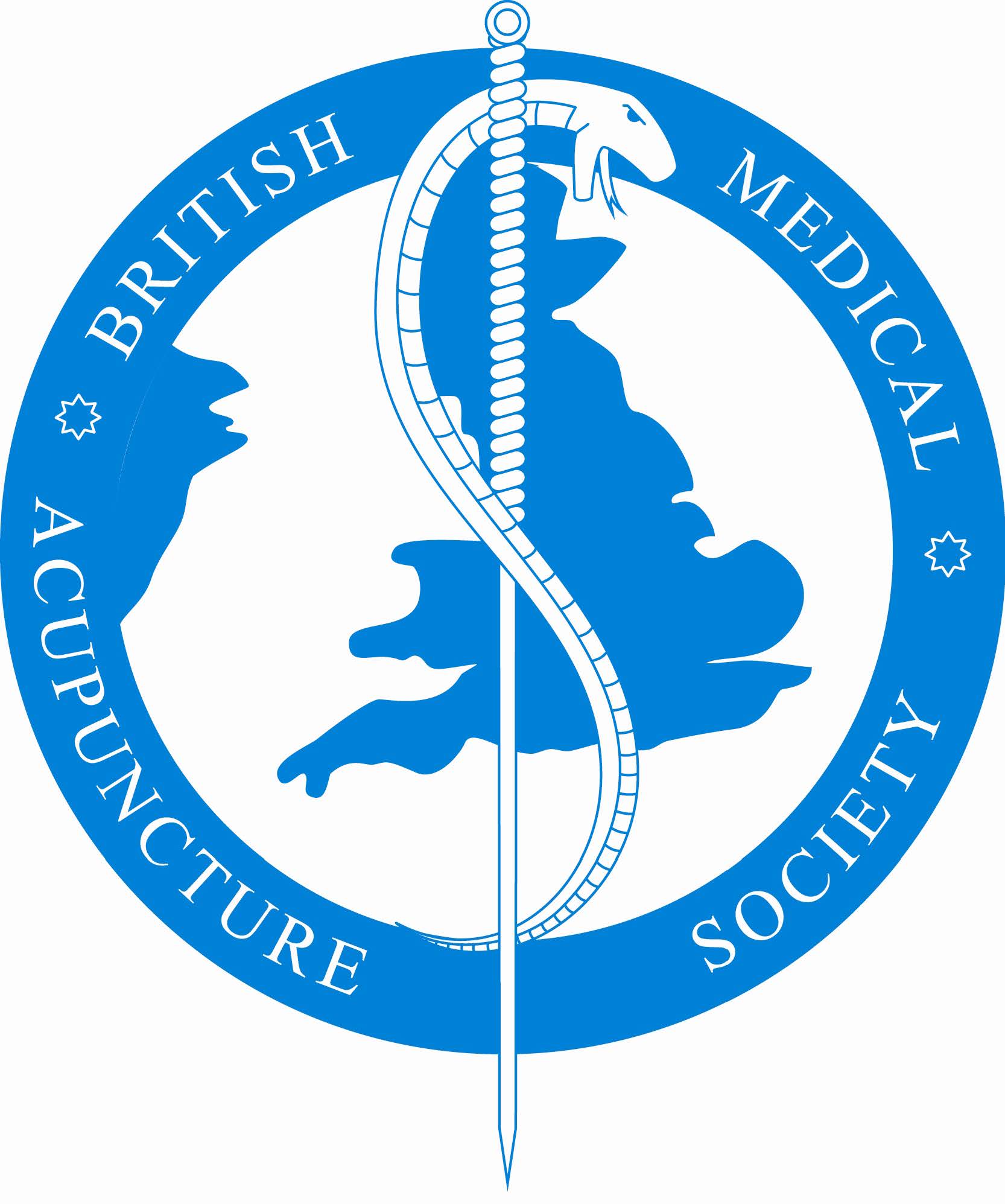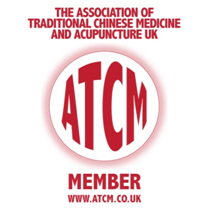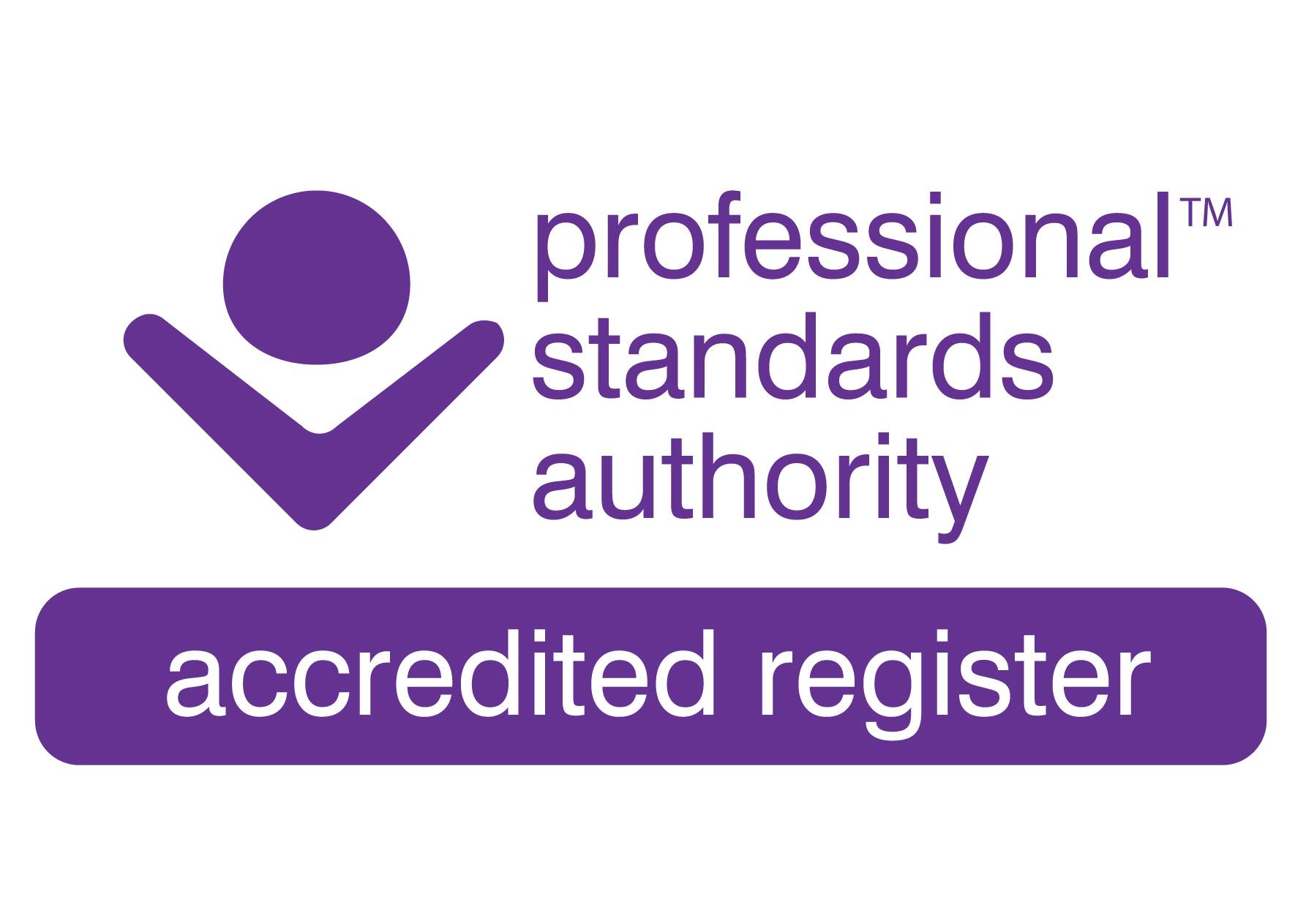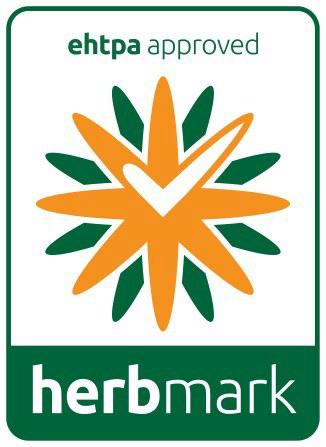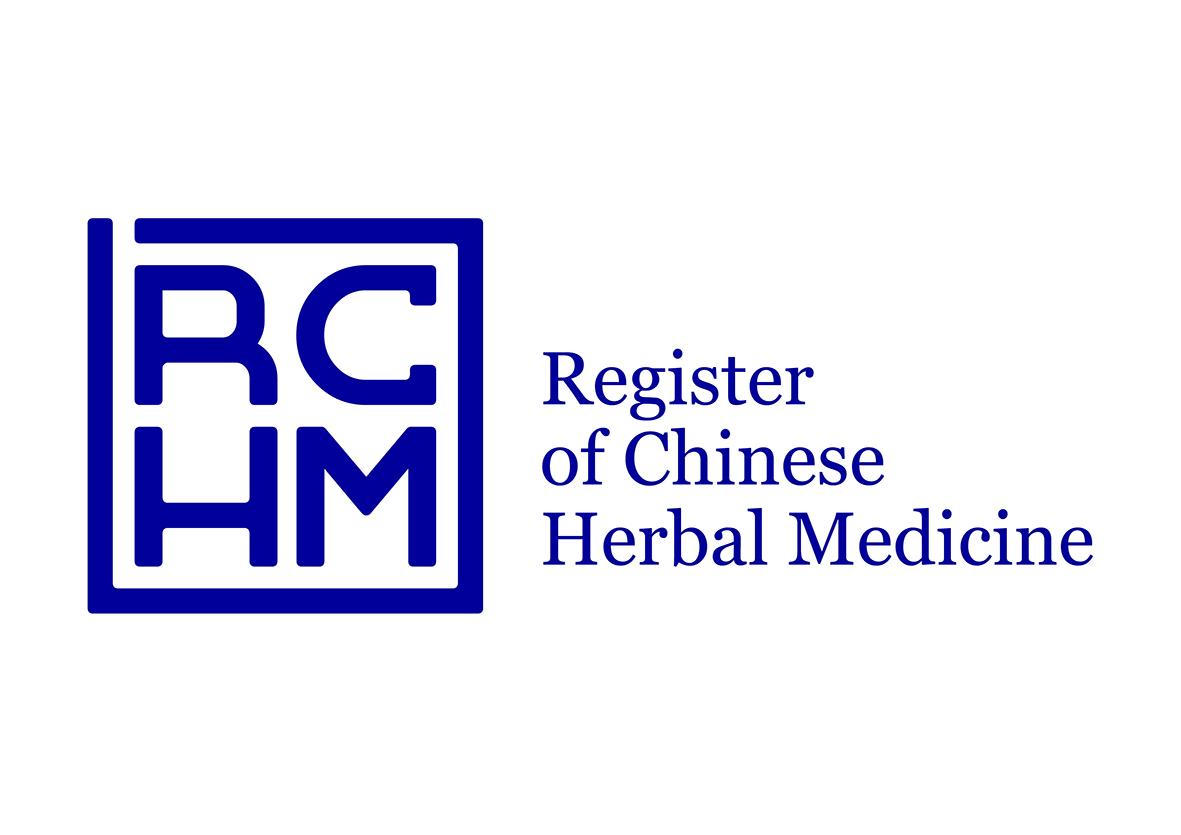Lianne Aquilina British Acupuncture Council Member and researcher outlines the current regulatory position of acupuncture in England. She explains why it is currently recommended to ensure you choose an Acupuncturist on an Accredited Register.
High-Level Qualified Acupuncturists
Acupuncturist Safety, Autonomy, and Expertise
Traditional acupuncture or traditional acupuncturist is a term used to describe an acupuncturist that has completed higher level education accredited by the British Acupuncture Accreditation Board.
Acupuncturists graduating from a BAAB-accredited institution have the highest level of professional acupuncture qualification in the UK.
The acupuncturist is qualified to incorporate multidisciplinary models and systems related to the practice of acupuncture for health or personal care. In other countries, professional acupuncturists as such are mainstream healthcare providers or allied health professionals.
In England, the Professional Standards Authority (PSA) independently manages accredited registers which oversee professions not regulated by law, with health and care professionals practicing within and outside of the NHS.
The British Acupuncture Council has a track record of non-statutory regulatory efficacy and is sufficient in its regulation of acupuncture practitioners. British Acupuncture Council members (MBAcC) are on an accredited register.
Membership of the British Acupuncture Council MBAcC
The British Acupuncture Accreditation Board (BAAB) is responsible for the accreditation of higher-level education programmes in university or independent college settings.
Training establishments that meet conditions set by the British Acupuncture Council (BAcC) and BAAB lead to a professional qualification in acupuncture.
Eligibility for full membership of the British Acupuncture Council is based on a registrant’s successful completion of a BAAB accredited programme or one that is equivalent.
There are provisions for individual entrants via different routes of training that apply the same benchmark standards. The BAcC hold special entry interviews and assessments.
BAcC members have the right and entitlement to use the designation ‘MBAcC’ after their name. Members who have given great services to the profession, such as research and evidence base, can be awarded a Fellowship, ‘FBAcC’.
Statutory Regulated and Accredited Professions
Did you know that the Professional Standards Authority (PSA) is an independent organisation assigned by the Government. The PSA primary role is to protect the public by overseeing the regulation and registration of statutory regulated and accredited health and care professionals.
Statutory regulation
Statutory regulation is the term used to refer to health and care professions that by law must be registered with a regulatory body. The focus of statutory regulation is to protect the public from the risk of harm.
Statutory registered occupations include a doctor, nurses, midwives, and professions allied to medicine by reform such as physiotherapist or osteopath for example.
Accredited registers for non-statutory regulation
Parliament issued a statement that statutory regulation is now not appropriate for many health and care practitioners as the level of oversight involved is disproportionate to the risk posed by a profession.
The PSA oversee health and care professionals working in occupations subject or not subject by law to statutory regulation. Occupations not subject by law include a clinical physiologist, counsellor and psychotherapist or an acupuncturist for example.
Regulation of Acupuncture
The PSA accredits organisations if they meet defined standards and monitor education and training, professional development and complaint handling procedures. The organisation chooses to be accredited. The PSA independently assessed the British Acupuncture Council. The BAcC meets the Standards for Accredited Registers and is awarded the PSA Quality Mark.
The PSA recommends that people should only choose health and care practitioners who are either members of a statutory regulator or an accredited register. Members of the public can select the services of practitioners on a register which is independently assessed and approved.
As well as degree level training, BAcC members adhere to detailed Codes of Safe Practice and Professional Conduct. A MBAcC registered acupuncturist guarantees high quality patient-centred individualised care and is most qualified to prescribe an acupuncture intervention.
Choosing an acupuncturist on a register via the PSA ensures good standards of practice.
Find a Member of the British Acupuncture Council
You can search for an acupuncture practitioner through the British Acupuncture Council or check a practitioner on the Professional Standards Authority website.
The Professional Standards Authority (PSA) independently manages accredited registers which oversee professions not regulated by law, with health and care professionals practicing within and outside of the NHS.
Lianne Aquilina BSc Hons MBAcC MSc
lianne.aquilina@btinternet.com
Next update 2023

Lianne Aquilina RDN, Dip Ay, BSc Hons, MSc, PGDip, MBAcC, MATCM, MAAC, MBMAS, MRCHM
Director of Aquilia Acupuncture
Acupuncturist, Researcher
This is an opinion piece outlining a new cohort study in press that examined the link between acupuncture during ovarian hyperstimulation and live birth rates.
Lianne holds a specialised Master of Science in Applied Health Research from the University of York. She has over twenty years of experience as an acupuncturist and has served as a visiting guest lecturer on acupuncture for IVF and the critical appraisal of research. Lianne is a trustee of the Research Council for Complementary Medicine UK. She contributed to the European Society of Human Reproduction and Embryology (ESHRE) guidelines on the number of embryos to transfer during IVF/ICSI. She is an independent UK expert in research. She is coauthor of the best-selling international textbook for acupuncturists, “Acupuncture for IVF: An Integrated Approach to Treatment Management.”


